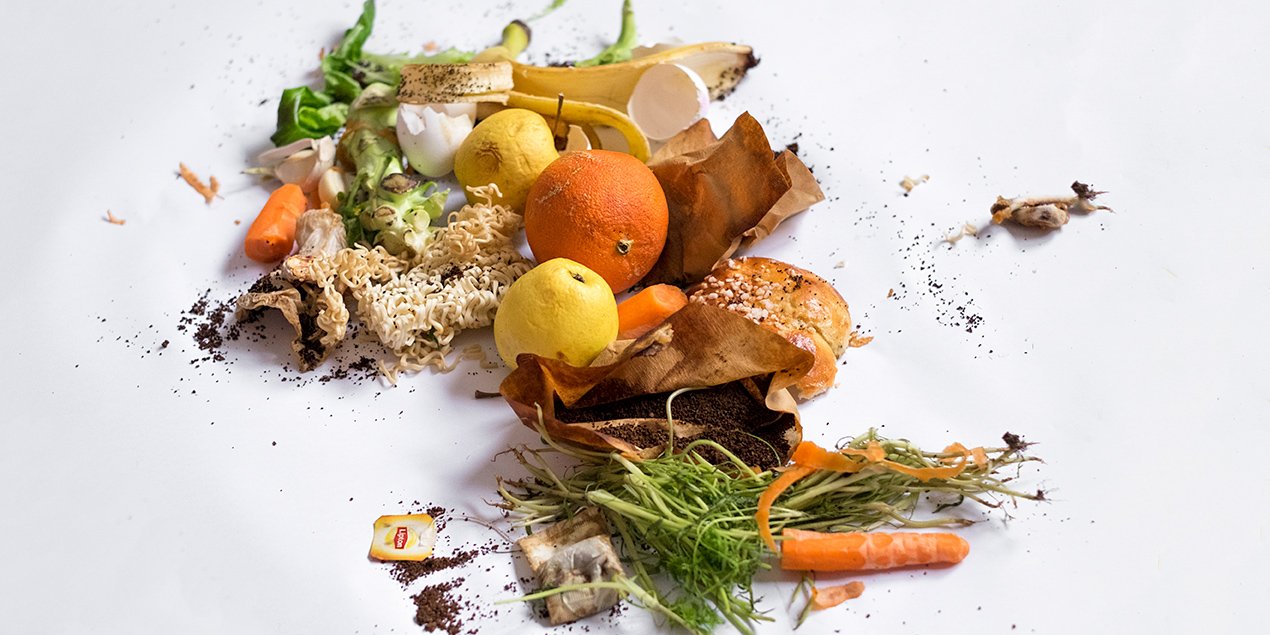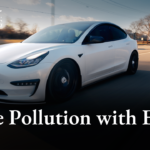Air pollution is a major environmental problem that affects everyone in the world.
It can be caused by a variety of sources, such as the Burning of fossil fuels, industrial activities, Mining operations, and even natural events like forest fires.
Exposure to air pollution has been linked to increased risks of respiratory diseases, asthma attacks, lung cancer, cardiovascular disease, premature death, and neurological disorders.
Children, older adults, people who work outdoors, and those living near busy roads or power plants are at greater risk of exposure.
According to WHO, almost all of the global population (99%) breathe air that exceeds WHO guideline limits and contains high levels of pollutants, with low- and middle-income countries suffering from the highest exposures.
The World Health Organization also estimates that air pollution causes nearly seven million deaths each year.
learning the useful ways that you can reduce the health impact of air pollution can be hugely beneficial for you and your family so make sure that you pay close attention to this article.
How to protect yourself from the harmful effects of air pollution?

1. Check the air quality of your area
Before you start your day, take a couple of seconds to google the air quality of your city or neighborhood.
Being aware of the air quality of where you are now or the place you want to go can help you prepare for the possible air pollution you might face during the day.

2. Stay indoors as much as you can
If there is air pollution in your area, staying indoors is the best thing you can do to avoid the harmful effects of polluted air.
The concentrations of harmful air pollutants such as particulate matter, ozone, and other gasses are generally lower indoors than outdoors, so by spending more time inside the house, you can reduce the negative health impacts of air pollution.
Keep in mind to avoid any type of outdoor exercise especially if you live near busy highways or power plants.
If your children like to play outside, creating entertaining indoor games can both be fun and protect them from harmful pollutants outside.

3. If you had to go out, try to avoid sunlight
In the presence of sunlight and high temperatures, primary air pollutants such as nitrogen oxides (emitted mostly by fossil fuel-based engines) react with oxygen which will then form ozone.
The hotter the day and the stronger the sun, the more ozone will be formed.
Ozone is an extremely active oxidant that can cause respiratory diseases such as asthma and breathing problems even in healthy people.
In addition, heat and sunlight can transform primary particles into secondary, smaller particles that can pose a greater threat to human health.
If you have to go out for work or etc, try to do it as early as you can in the morning or do it at sunset to avoid sunlight as much as possible.

4. Use good air pollution masks
If you had to go outside, using a proper face mask can significantly reduce the impacts of air pollution on your body.
The effectiveness of a face mask depends on the type of mask itself, the type of pollutant, and how the mask is used.
When worn correctly, a high-quality air pollution mask can minimize your exposure to PM2.5 and other airborne particles which will naturally reduce the risks of air pollution-related illness and death.
A mask’s protection factor describes how much pollutant the mask does not remove.
For example, an N95 mask with a protection factor of 5% shows that it filters out all but 5% of the pollutant.
Many scarves and fabric masks which are made of cotton, polyester, rayon, and other materials can not protect you from small-scale particles in the air.

5. Eat more Vitamin C
If you’re trying to eat something to combat air pollution’s effects, vitamin C should be at the top of your list.
It’s important to include this vital vitamin in your diet every day, because your body can’t produce or store it.
Antioxidants such as vitamin C, can protect you from harmful molecules called free radicals.
Studies show free radicals can form when air pollution enters the lungs, and they can cause heart disease, cancer, and even respiratory ailments.
Take air pollution more serious
Remember, Children, elderly people and people with respiratory diseases are affected the most by air pollution.
Things like normal face masks and indoor plants are both useless to stop air pollution’s negative effects.
Keep in mind outdoor activities in fresh and clean air are the most beneficial things you can do for your body and your mind.
if you have a chance to go out on a clear day, don’t hesitate to do so because you will never know how long it is going to last!










